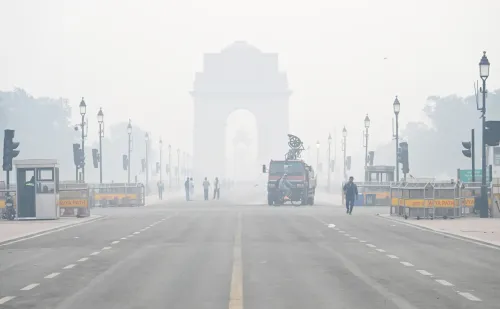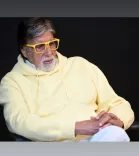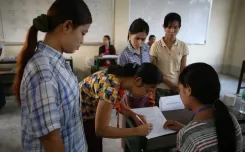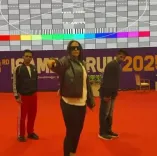Why Did the US Veto the UN Security Council Draft Resolution Demanding an Immediate Ceasefire in Gaza?
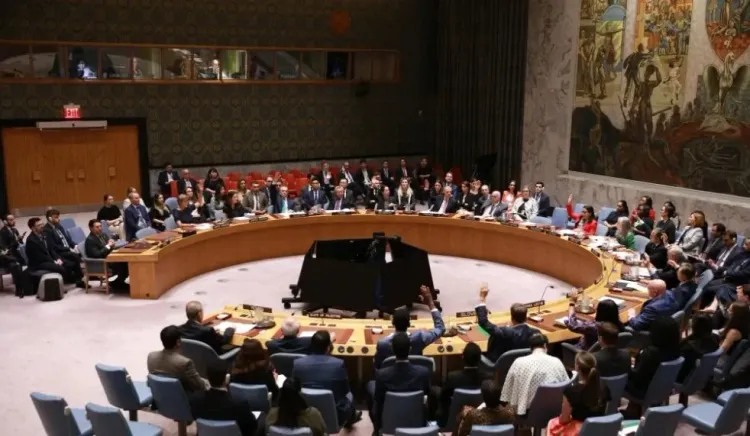
Synopsis
Key Takeaways
- US veto against a UN resolution highlights ongoing tensions.
- Majority of the Security Council members supported the ceasefire.
- The situation in Gaza continues to worsen amid military operations.
- International community's response is crucial for humanitarian efforts.
- Calls for accountability and investigations into aid access issues.
United Nations, June 5 (NationPress) The United States has exercised its veto power against a UN Security Council draft resolution aimed at demanding an immediate ceasefire in Gaza and the swift removal of all barriers to humanitarian aid.
This draft resolution, introduced by the ten elected members of the Security Council, garnered support from 14 of the 15 council members. However, the United States voted it down.
The proposal called for the immediate and unconditional release of all hostages held by Hamas and other factions, along with the prompt and unrestricted entry of humanitarian aid into Gaza, ensuring its safe and widespread distribution.
The US veto has faced backlash from various Security Council members, according to reports by Xinhua news agency.
Fu Cong, China’s permanent representative to the United Nations, expressed profound disappointment over the outcome of Wednesday's vote.
The draft resolution encapsulates the urgent demands of the people in Gaza and mirrors the overwhelming sentiments of the international community, he stated.
"The United States has once more misused its veto power, extinguishing hope for those in Gaza and leaving over 2 million individuals in despair. It must answer to the international community," he said.
He further emphasized that Wednesday's vote highlights the ongoing obstruction by the United States, which has repeatedly vetoed council requests for a ceasefire, thereby preventing effective implementation of several adopted resolutions due to its protection of Israel.
"A veto from a single permanent member cannot halt the journey towards peace. We call on the United States to acknowledge its responsibilities as a permanent member of the Security Council, set aside its political motives, and adopt a fair and responsible stance in supporting necessary actions by the council," he urged.
British UN ambassador Barbara Woodward stated her country backed the draft resolution because the dire situation in Gaza must come to an end.
The decisions made by the Israeli government to escalate military operations in Gaza and impose severe restrictions on aid are "unjustifiable, disproportionate, and counterproductive," she declared.
She added, "The Israeli government claims it has facilitated aid access through a new system. However, numerous Palestinians seeking to reach the few permitted aid sites have lost their lives. This is inhumane," referring to the US-backed, Israeli-approved Gaza Humanitarian Foundation aid initiative that has resulted in numerous casualties among aid-seekers.
The UK supports an immediate and independent investigation into these incidents, insisting that perpetrators must be held accountable, and that Israel must lift its restrictions on aid to allow the UN to conduct humanitarian operations in Gaza.
Algerian UN ambassador Amar Bendjama stated that the draft resolution represented not just a few voices, but the collective will of the entire world.
"It was a message to the Palestinian people: you are not alone. And it was a message to the Israeli occupier: the world is watching you. The shield of impunity must fall," he remarked.
He described the draft humanitarian resolution, despite being obstructed by a veto, as a reflection of the current state of multilateralism and the urgent need to revive it.
Pakistani UN ambassador Asim Iftikhar Ahmad expressed profound regret over the Security Council's inability to pass the resolution.
"It’s a disheartening day, marking another decline in the history of this esteemed body responsible for maintaining international peace and security," he stated.
The veto cast by the United States sends a troubling message that the lives of over 2 million besieged and bombarded Palestinians are expendable, he asserted. "This will not only stain the conscience of this council but also mark a crucial moment of political negligence that will echo for generations."
While the Security Council deliberated, Gaza has faced devastation, the ambassador noted. "This is beyond a humanitarian crisis. It signifies a collapse of humanity, international law, and everything this council stands for."
"Let’s be clear: this failure will not just be recorded as a procedural footnote. It will be remembered as complicity; a green light for continued devastation; a moment when the world expected action, yet a single member obstructed the council from fulfilling its duties," Ahmad concluded.



